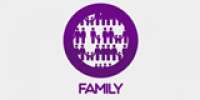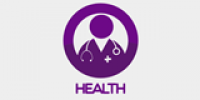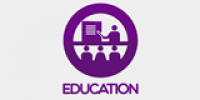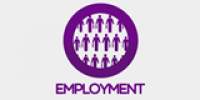One in three European and Central Asian LGBTI organisations received no external funding in 2017
Report ‘Funding for LGBTI Activism in Europe and Central Asia launched’ by ILGA-Europe and the Global Philanthropy Project.
Research carried out by ILGA-Europe and the Global Philanthropy Project reveals one in three LGBTI organisations in Europe and Central Asia received no external funding in 2017.
The report shows that the most important strategies identified by activists are poorly funded. These strategies include countering populist and right-wing movements, providing emergency support and supporting LGBTI communities.
“In the current socio-political context, LGBTI people and activists are often at the forefront of suffering from rising populism and extremism. But LGBTI activists who are working to resist from groups and institutions a rollback of rights, protections and equal opportunities across the region, are doing so with a lack of sufficient resources.” notes ILGA-Europe Programmes Director Björn van Roozendaal.
It is increasingly clear that backlash against equality and threats to civil society support are no longer limited to Eastern Europe, but are also occurring across Western Europe.
Recent examples include public manifestations of transphobia trying to block access to human rights for trans people in the UK, an attack on a LGBT centre in Barcelona by right-wing extremists and an orthodox declaration against the human rights of LGBTI people in the Netherlands.
“Overall resources and capacity in the region don’t match the challenges at hand, thereby increasing the potential that we could rapidly lose ground. This is why there is an urgent need for governments and other funders to step up their support and make sure civil society groups get access to more and better funding across Europe. And that they do so now.” added van Roozendaal.
The data also points to several areas of organising that can help respond against the backlash, including supporting LGBTI groups working who work with underrepresented groups within the LGBTI community, such as trans and intersex people, as well as LGBTI migrants and refugees.
-
The new report compares the key findings from ILGA Europe’s 2018 Funding for LGBTI Activism in Europe and Central Asia: Priorities and Access to Resources report with a deeper-dive analysis of European and Central Asian grantmaking data from the 2015-2016 Global Resources Report: Philanthropic and Government Support for Lesbian, Gay, Bisexual, Transgender, and Intersex Communities.
-
For more information, contact ILGA-Europe media team at media@ilga-europe.org or Programmes Director Björn van Roozendaal at +32 49 762 5322


 Print HTML
Print HTML









